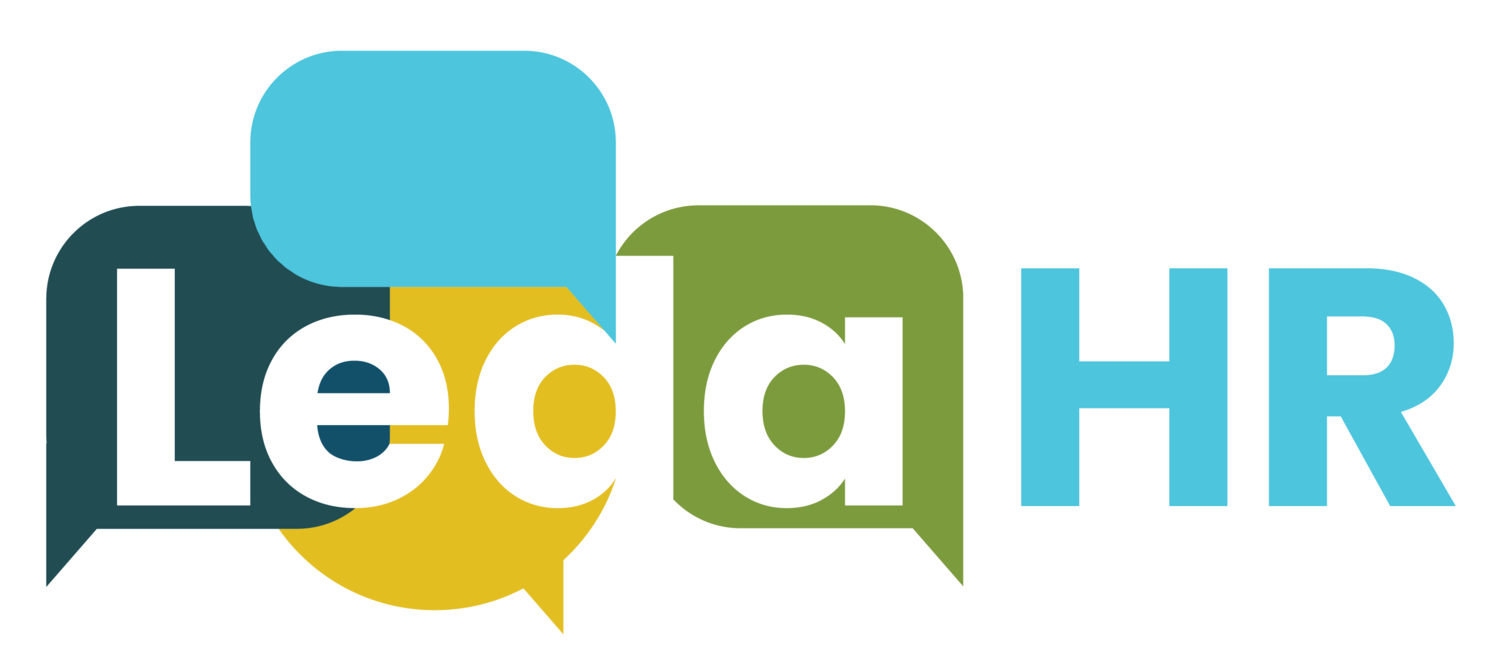National Truth and Reconciliation Day 2022: I am Métis and here’s how I will spend this day.
By Trish Kelly
The second annual National Truth and Reconciliation Day is coming up on September 30th. I’m spending some time today considering what I will do to mark the day.
In some ways I am still pinching myself, wondering if I’m dreaming or is Canada really finally facing the truth of the country’s history of harm and attempted cultural genocide as documented by the National Truth and Reconciliation Commission in 2015, and as survivors and communities have been saying all along? Have we really arrived at the day where this is not only acknowledged once, but made a normal part of September? What a better country this will be when we reckon with this part of our history.
The question I am asking myself is: what is the purpose of this day? Is it a day to mourn the children who were taken from their homes and never returned? Is it a day to educate myself further on the harms residential schools inflicted on Indigenous communities? Is it a day to celebrate the ways that Indigenous communities resisted and survived to reclaim language and ceremony? Is it a day to heal?
My first impulse is to say all of the above! If stacked and scheduled properly, I should be able to do a bit of each. While a checklist approach might feel really efficient, keeping busy is also a convenient offramp away from the emotionally difficult truth of why this day is necessary.
Last year, I worked on the first ever Truth and Reconciliation Day and then donated my earnings to a local Indigenous organization that was offering free education to the public. Donating was a way to use my economic privilege to support an organization I love and reduce financial barriers for settlers who felt ready to learn more. The One Day’s Pay campaign encourages settlers to consider donating to Indigenous organizations and offers a list of recommended initiatives.
Though my mother’s family is Métis, and Métis children were sometimes taken from their families to residential schools, as far as we know, no one in my family attended residential school. While our family experienced a loss of land, culture, and language by other harmful policies, I will choose other days to focus on healing from these related losses.
I’ll be wearing my Every Child Matters shirt to recognize Orange Shirt Day. Marked every September 30th since 2013, Orange Shirt Day is inspired by the story of Phyllis Webstad, who courageously shares her own story as a survivor to spark discussion about the harms caused by residential schools to Indigenous children, their families, and communities.
I’m looking for an in person event in my area, which might mean making a field trip to the Skwxwú7mesh Lilwat7úl Cultural Centre in Whistler for their day of programming or into Vancouver for one of the many events occurring around Metro Vancouver.
Not everyone will have the day off, or the means to make a field trip. For those who want to participate from home, starting down the Orange Path might look like signing up for University of Alberta’s Indigenous Canada course, which is a free online course with nearly a half million registrants. Or perhaps get out the old letter writing supplies and write your representatives in the Canadian government to let them know a concerned constituent wants to see the government do more to address the 94 Calls to Action in the Truth and Reconciliation report.
Through my efforts to reconnect to my Métis culture I know that the best decisions come from listening with my heart as well as my head. I hope to strike a balance between doing what feels like the best use of my capacity, and what will give me strength to embrace truth and reconciliation for all the days to come.
About Trish Kelly:
Trish Kelly (she/her) is an Accessibility Consultant living and working in the Sea to Sky region on the unceded territory of the Sḵwx̱wú7mesh Úxwumixw (Squamish Nation).
Most recently, she led the development of the Disability Inclusive Employer Self-Assessment, a free online tool for Canadian employers.
Trish is a member of the LGBTQ2S+ community and a citizen of the Métis Nation of BC with family ties back to the Prince Albert and Red River communities.

